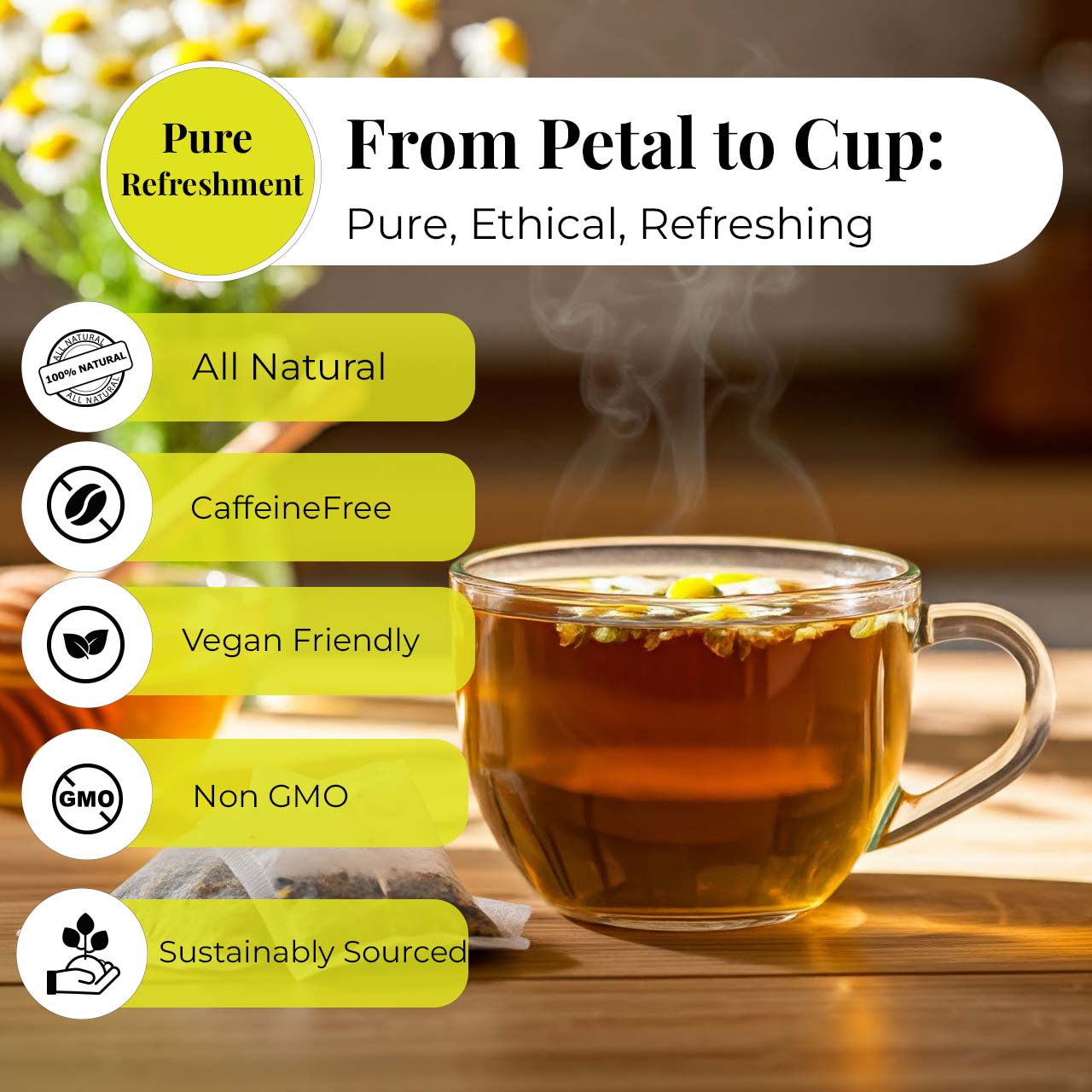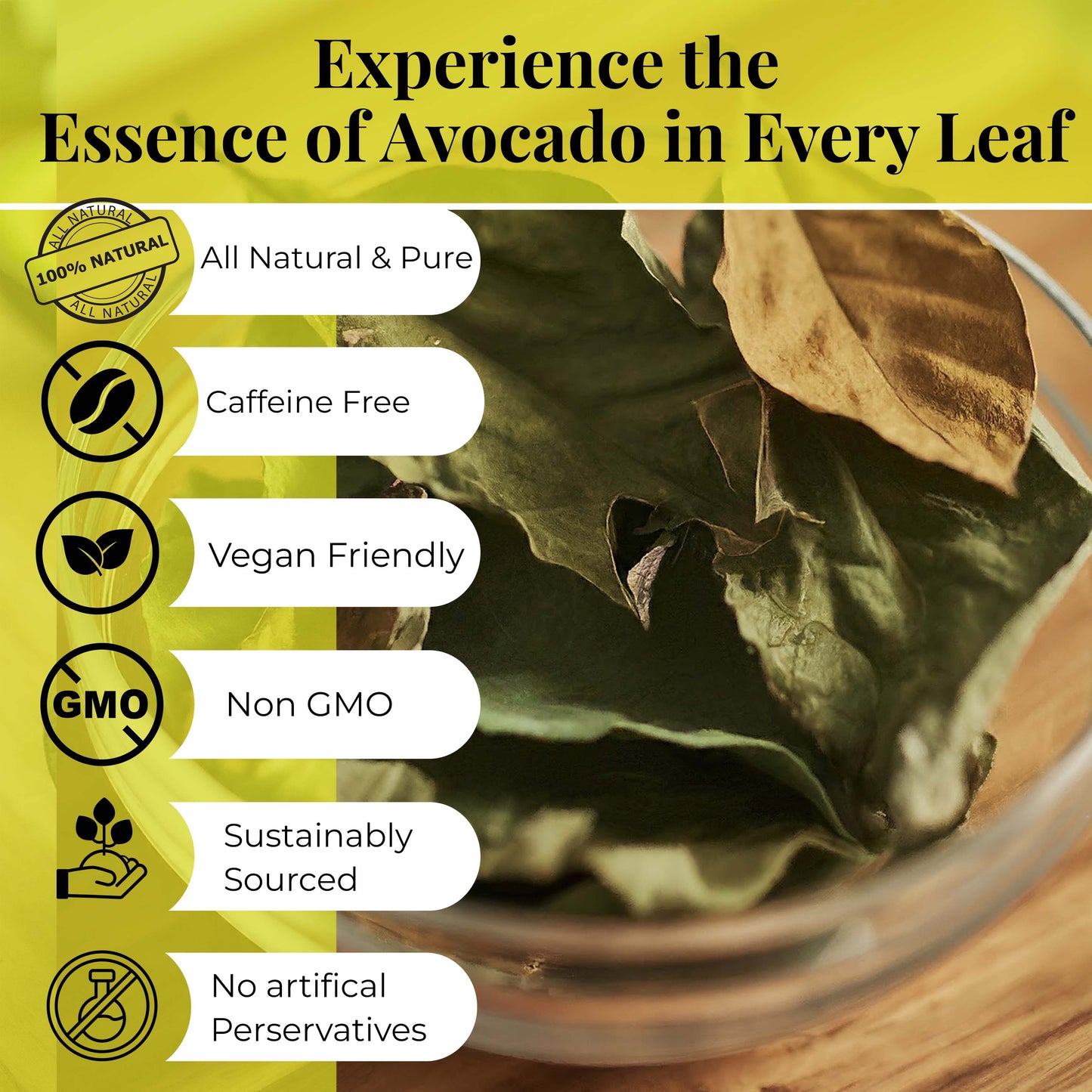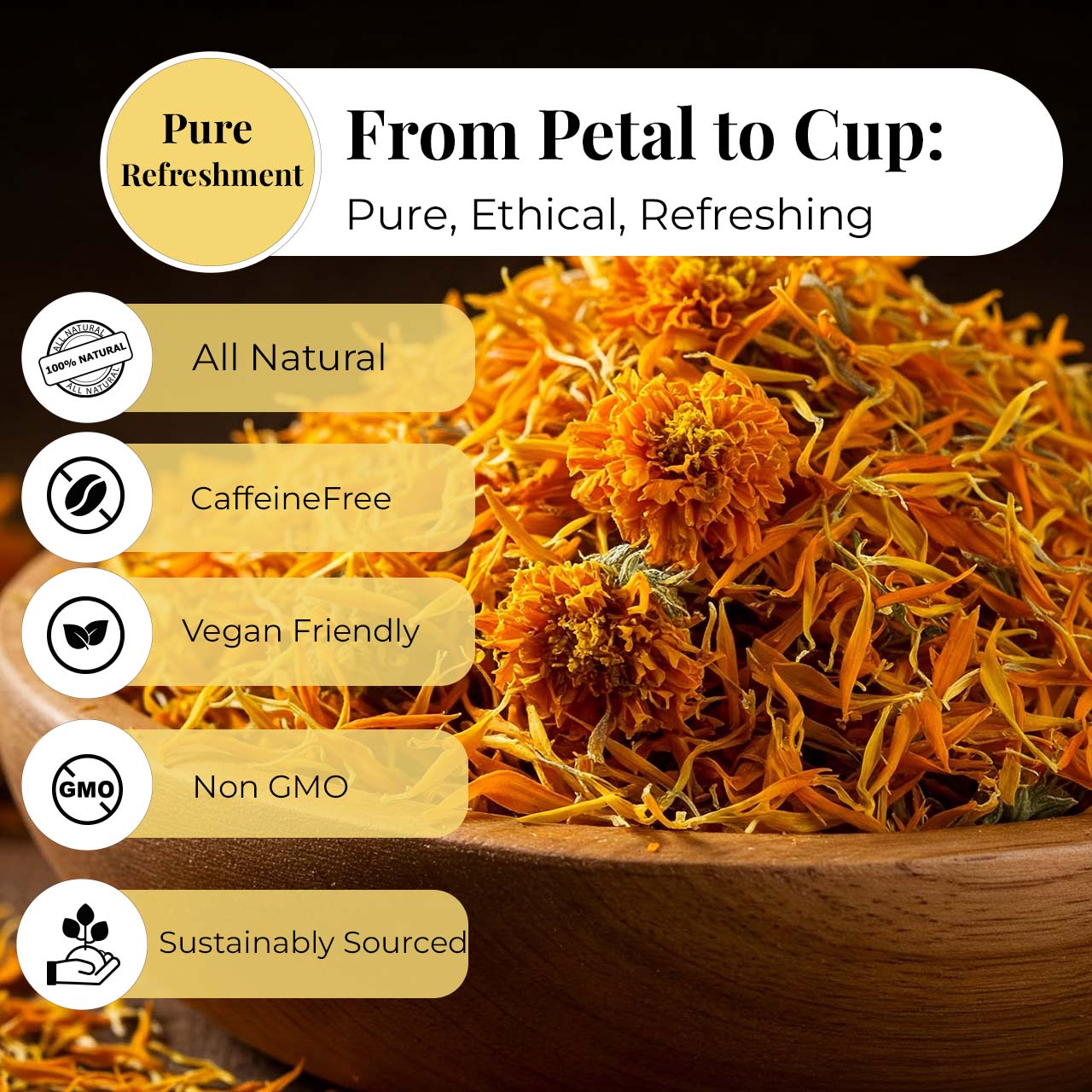Consumers continue to search for safe, natural ways to support immunity, especially during seasonal changes, stressful periods, and times of increased exposure. Herbs and spices play an important role in traditional healing systems, but today there is growing scientific interest in how these botanicals influence inflammation, antioxidant activity, and immune response. This guide explores evidence-backed herbs and spices, answers the most frequently asked questions about herbal immunity, and explains how to use these ingredients effectively.
The sections below address these questions directly while highlighting herbs and spices that Akshar Herbs and Spices offers.
How Do Herbs and Spices Support Immunity?
Herbs and spices support immune health in three main ways:
1. Antioxidant activity
Many herbs neutralize free radicals that weaken immune function. Antioxidants also help protect cells against daily stress.
2. Anti-inflammatory compounds
Chronic inflammation suppresses the immune system. Herbs and spices contain natural compounds that help regulate inflammation.
3. Antimicrobial and antiviral properties
Certain botanicals contain plant-based compounds that help inhibit the growth of harmful microorganisms.
Scientific studies continue to explore these benefits, but centuries of traditional use already show strong patterns of effectiveness.
Guava Leaf: A Powerful Immune-Supporting Herb
Guava leaf is gaining global attention because of its high antioxidant content, especially flavonoids, quercetin, and vitamin C–related compounds. These antioxidants help the body reduce inflammation and strengthen immune response. Many consumers ask: Do guava leaves help immunity? The answer is yes. Guava leaf tea supports immune strength, respiratory wellness, and general vitality. It is commonly used during seasonal changes.
How to use guava leaves for immunity
Steep dried guava leaves in hot water for 5 to 7 minutes and drink daily or several times a week.
Papaya Leaf: Immune Support Through Antioxidants and Phytonutrients
Papaya leaf is often searched for its potential immune benefits and is traditionally used in many cultures to strengthen the body during illness. While research is ongoing, papaya leaf is known to contain enzymes, vitamins, and antioxidants that support immune system recovery and overall resilience.
How to use papaya leaf
Use papaya leaf powder or dried papaya leaves as a warm infusion, one cup per day as needed.
Moringa: A Nutrient-Dense Herb for Immune Strength
Is moringa good for the immune system? Yes, Moringa is one of the most nutrient-dense plants in the world, containing vitamins A and C, iron, calcium, and amino acids. These nutrients support immune cell function and help protect the body from oxidative stress.
How to use moringa
Add moringa powder to teas, smoothies, soups, or warm water. Daily use provides the best immune benefits.
Ginger: One of the Most Popular Herbs for Immunity
Does ginger boost immunity? Yes, Ginger contains gingerol, a powerful anti-inflammatory and antioxidant compound. It supports respiratory health, digestive wellness, and the body’s natural defense system. Ginger also helps reduce congestion and supports circulation.
How to use ginger
Steep dried ginger slices in hot water, add to smoothies, or use in soups and daily cooking.
Cinnamon: A Functional Spice for Immune Health
Cinnamon is rich in polyphenols and natural oils that offer antimicrobial and anti-inflammatory benefits. One of the top searched questions is: Does cinnamon help immunity? Cinnamon helps promote healthy blood sugar levels, reduce inflammation, and support immune balance.
How to use cinnamon
Add cinnamon powder or sticks to herbal teas, porridge, oatmeal, wellness drinks, or baking.
Hibiscus: A Vitamin C–Rich Flower for Immune Support
Hibiscus is naturally high in antioxidants, polyphenols, and vitamin C. It is commonly used to support immune function, cardiovascular health, and recovery. A popular search is: What is the best tea for immunity? Hibiscus tea consistently ranks high because of its strong antioxidant profile.
How to use hibiscus
Brew dried hibiscus flowers for a tart, bright red infusion. Drink 3 to 4 times per week.
Can Herbs Fight Viruses?
Many consumers ask whether herbs can fight viruses. While herbs and spices are not cures or medicines, several botanicals contain compounds that support the body’s own defense system. Antioxidants, polyphenols, and essential oils help maintain immune readiness and resilience. They work best as part of long-term wellness routines.
How Often Should You Take Immune-Boosting Herbs?
People frequently ask how often immune herbs should be taken. For most botanical ingredients, consistent moderate use is better than occasional heavy use. Drinking herbal teas 3 to 5 times per week, adding spices to your meals, and incorporating adaptogenic herbs into your daily routine provides steady immune support.
Final Thoughts
Herbs and spices offer powerful, natural support for the immune system through antioxidants, anti-inflammatory compounds, and plant-based nutrients. Ingredients such as guava leaf, papaya leaf, moringa, ginger, cinnamon, and hibiscus have long histories in traditional wellness and are now gaining renewed global interest. While they are not medical cures, these botanicals help






























